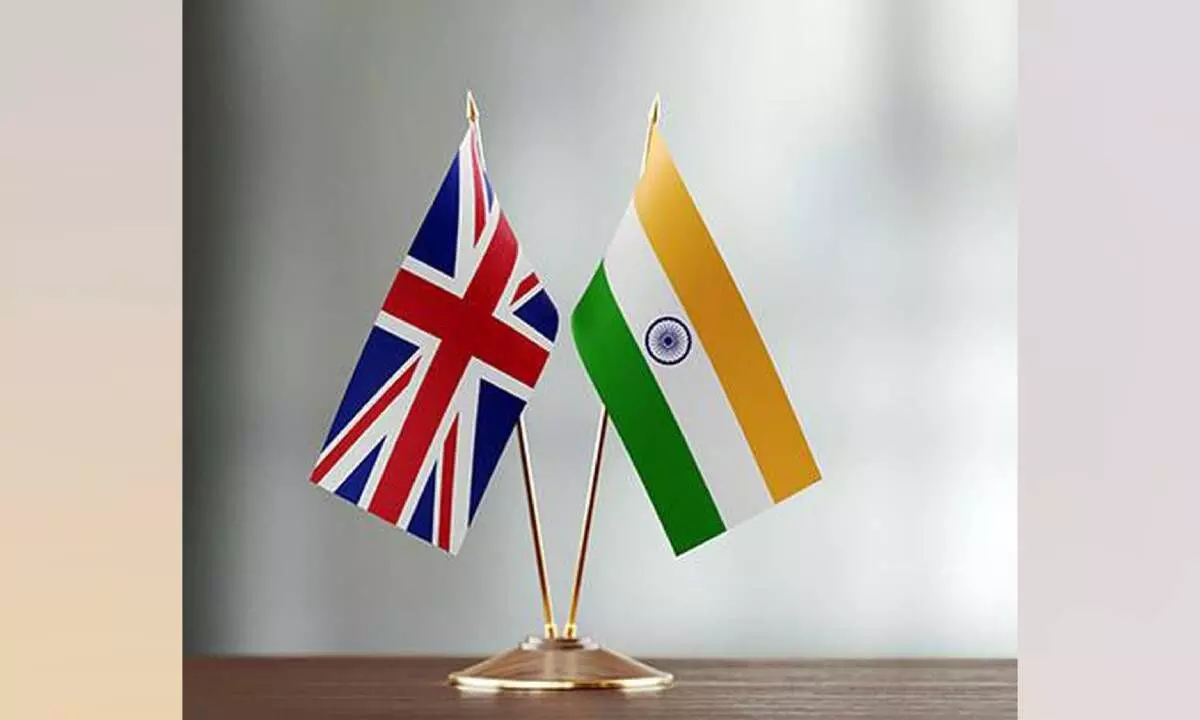India should not agree to free cross-border data flows
Under FTA with UK: GTRI
image for illustrative purpose

New Delhi India should not agree to free cross-border data flows under the proposed free trade agreement with the UK as ownership of national data is crucial for developing public services, think tank GTRI said on Tuesday.
It added that India should never agree to binding commitments in these areas as it will lock the country’s policy space in the future. The Global Trade Research Initiative (GTRI) said this FTA marks a transformative shift in India’s approach to trade, moving its focus from the east to the west, and broadening its scope to include non-trade matters such as environment, labour, gender, digital trade, and data governance. The talks between the two countries for the agreement are at an advanced stage and both the sides are expected to announce the conclusion of talks by the end of this month. Subjects like labour standards, gender, environment, and digital trade have been included in the FTA on the UK’s request and India should make domestic rules/standards before taking commitments in the agreement on these matters, the think-tank said in its paper.
It also said that India should not agree to stop preferential treatment to domestic suppliers in the government procurement chapter of the trade pact as allowing the UK companies to sell goods and services to the government here would bring British firms at par with domestic entities. On the other hand, Indian firms face “a very” competitive and restricted government procurement market in the UK with little business prospects and due to this, India needs be conservative and careful, it added. “India should not agree to free cross-border data flows. Ownership of national data is crucial for developing public services. India should never agree to binding commitments as it will lock in the future,” GTRI Co-Founder Ajay Srivastava said. The negotiations span 26 subjects, each with its unique implications. These include merchandise trade, services, rules of origin, government procurement, labour standards, gender issues, environmental concerns, intellectual property rights (IPRs), and investments, each with its set of challenges and opportunities. The other subjects include sanitary and phytosanitary measures, technical barriers to trade, competition, trade facilitation, customs cooperation.

